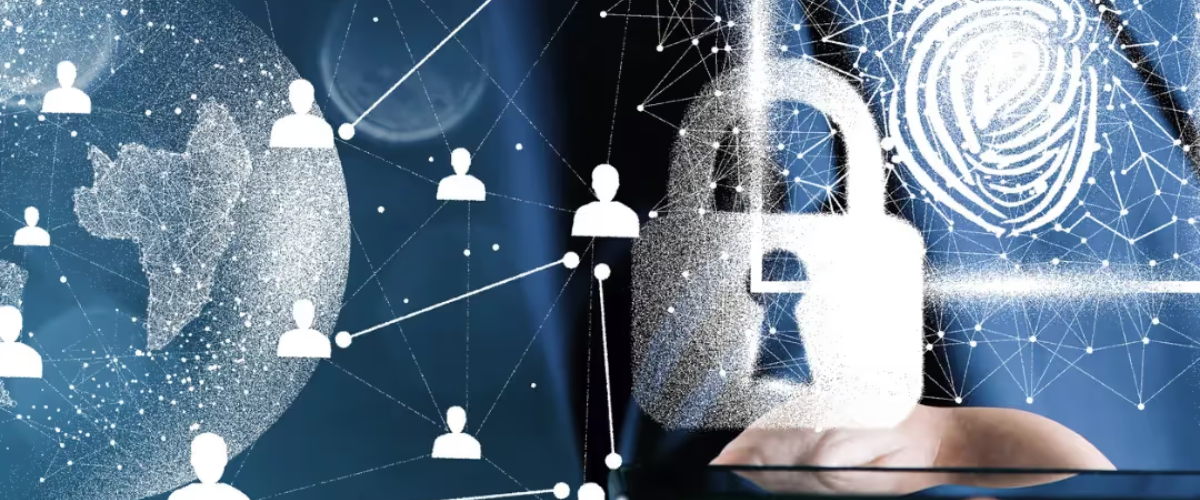We're excited to announce that our Digital Banking Services just got a huge upgrade. It's now time for you to log in!
We're excited to announce that our Digital Banking Services just got a huge upgrade. It's now time for you to log in!
We're excited to announce that our Digital Banking Services just got a huge upgrade. It's now time for you to log in!
Links to non-Sierra Central websites are provided solely as pointers to information that may be useful to SierraCentral.com users. Sierra Central has no control over the content on such websites.
Sierra Central makes no warranties, either express or implied, concerning the content of such linked sites, including the accuracy, completeness, reliability or suitability thereof for any particular purpose, nor does Sierra Central warrant that such site or content is free from any claims of copyright, trademark or other infringement of the rights of third parties or that such site or content is devoid of viruses or other contamination.
Sierra Central does not guarantee the authenticity of documents on the Internet. Links to non-Sierra Central sites do not imply any endorsement of or responsibility for the opinions, ideas, products, information or services offered at such sites, or any representation regarding the content at such sites. The privacy policies of Sierra Central Credit Union do not apply to linked Websites. Please consult the privacy disclosures on such sites for further information.

When identity theft occurs, thieves may use your identity to apply for credit, file taxes, obtain medical services, or even impersonate you in case of an arrest. These actions can cause severe damage to your credit score and reputation, and it may take a considerable amount of time and money to restore them.
Identity theft is a serious issue that can happen to anyone. There are various ways in which scammers can steal your personal information. They may steal your wallet, purse, or electronic devices to get hold of your IDs, credit or debit cards.
Scammers can also gain access to your personal information through data breaches, by looking through your social media accounts, or by using phishing scams to get your personal information. They may also install card readers (skimmers) at ATM machines, cash registers, or fuel pumps to collect card numbers and PINs. Another way scammers can steal your personal information is by diverting mail from its intended recipient by submitting a change of address form.
They may also rummage through your trash for credit union statements or other personal data. It is essential to be aware of various types of fraud and scams and take steps to protect yourself.
To learn more about identity theft and how you can safeguard yourself, visit www.mycreditunion.gov.